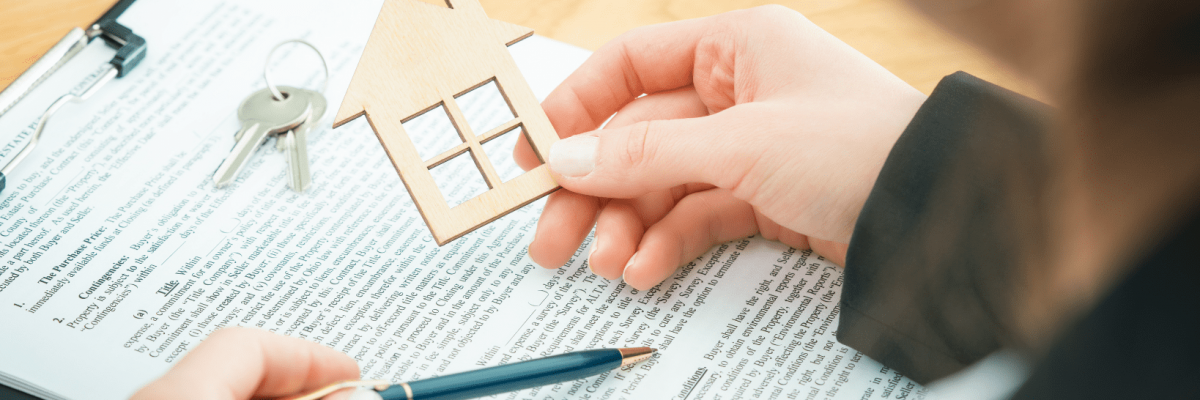Choosing between buying and leasing

When it comes to housing, many people ask themselves the crucial question: should I buy or rent? This decision can have a significant impact on your financial situation and lifestyle. In this article, find out how to choose between buying and leasing.
Assess your financial situation
Firstly, before making any decisions, it’s essential to assess your financial situation. Calculate your borrowing capacity, taking into account your income, monthly expenses and savings. Compare the costs of buying (such as the down payment, mortgage interest and property taxes) with the costs of renting (such as the monthly rent and utilities). Finally, make sure you choose an option that fits your budget and long-term financial goals.
Consider stability and flexibility
Secondly, think about your professional and personal situation in the short and long term. If you plan to stay in the same area for many years and are looking for stability, buying a home may be an attractive option. On the other hand, if you are geographically flexible or prefer not to make a long-term commitment, renting can offer you greater freedom and mobility.
Assess property appreciation
Thirdly, when you’re considering buying a home, look at how the property market is developing in the area concerned. If you expect significant property appreciation over the long term, buying can be a lucrative investment. However, it is important to note that property markets can be volatile and the value of a property can fluctuate. Do thorough research and consult experts to assess the prospects for property appreciation in your area.
Weigh up the advantages and disadvantages of each option
Make a list of the advantages and disadvantages of buying and renting. Buying can offer you long-term stability, the freedom to personalise your home and the chance to build up an estate. However, it involves financial responsibilities and a certain amount of geographical immobility. Renting, on the other hand, offers greater flexibility, less responsibility for repairs and can be more affordable in the short term. However, you do not build equity and are subject to the landlord’s decisions.
Consult a property professional
Finally, if you’re not sure, don’t hesitate to consult a property professional. An experienced estate agent will be able to provide you with valuable information about the local market. They can also help you assess your options and answer any questions you may have. They will be able to guide you according to your specific needs and personal situation, taking into account factors such as interest rates, property market trends and possible tax benefits.
Choosing between buying and leasing a home is an important decision that depends on many factors. By assessing your financial situation, considering stability and flexibility, looking at property appreciation, weighing up the pros and cons of each option, and consulting a property professional, you’ll be able to make an informed decision.
To find out more, find out how to furnish your home on a small budget.
And keep up to date with all our news on LinkedIn.




